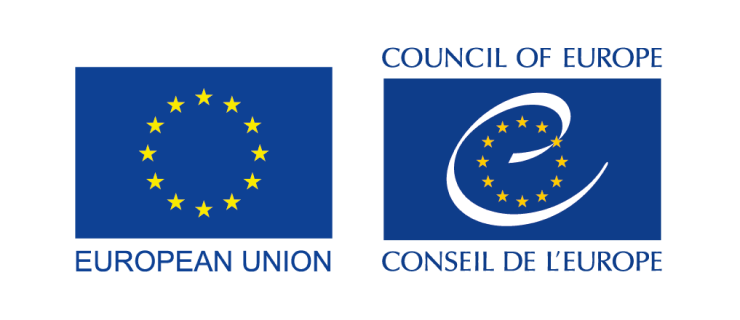Beyond the Textbook: HISTOLAB Fellows of 2023 exploring innovative ways of teaching history
Strasbourg, France | 25 October 2023The HISTOLAB project has recently selected its Fellows as part of its Fellowship Programme 2023-2024. This Fellowship aims at invigorating the field of history education through financial grants and access to a network of partners, hence supporting research and production of academic articles harnessing innovative approaches.
This Call aimed to gather creative proposals for research projects exploring innovative ways in which history teaching can be improved. It offers financial grants to selected applicants, which facilitates research and the writing of academic articles related to innovative history education, which will be released in a dedicated publication edited by HISTOLAB. Such articles can relate to methods and practices of history teaching in the classroom but may also concern innovative methods in public history, such as in museums, memorial places or through the media.
The program allocated an indicative budget of €28,000, awarding four grants of up to €7,000 each. The fellowship program spans from July 2023 to January 2024. The financial grant covers various research-related expenses, including study visits, conference attendance, subscriptions, access to archives, living costs and office supplies. Additionally, HISTOLAB through its Fellowship activity offers opportunities for research visits and access to the network of our partners, for instance the Leibniz Institute for Educational Media / Georg-Eckert-Institute, the House of European History, EuroClio and many others. It furthermore provides the chance to participate in events, such as the European Innovation Days in History Education and to showcase their findings.
For the year 2023-2024, the HISTOLAB Project has the pleasure of introducing the following four selected fellows:
Mr Miljenko Hajdarovic
Ms Ana Radakovic
Ms Foteini Venieri
Mr Jan-Christian Wilkening
These four HISTOLAB Fellows are embarking on diverse and impactful research projects that promise to advance the field of history education and enrich the learning experiences of students across Europe.
- Miljenko Hajdarovic
Research Project Title: "Exploring the Potential of Emerging Digital Technologies for Enhancing History Education"
Research Summary: The research article explores the potential of emerging digital technologies in history education. Using qualitative and future studies methods, it creates different scenarios for the future of history education, focusing on technologies like AI and virtual reality. Experts from leading EU institutes contribute, and user feedback verifies conclusions. This study offers valuable insights into using digital tech to improve history education, emphasizing benefits, risks, as well as the need for ongoing research.
- Ana Radakovic
Research Project Title: "Strengthening the European dimension through curriculum reform in Serbia. Successes, obstacles and implications"
Research Summary: This article focuses on the analysis of recent history curriculum reforms in secondary schools in Serbia, highlighting the ongoing implementation process and the potential impact on educational standards and preparation for national exams. It involves conducting a survey among high school students to assess the teaching of historical concepts and topics outlined in the new curricula, specifically related to European heritage and awareness. Additionally, the research examines public reactions and declarations expressing differing views on the new history curricula, aiming to identify potential challenges and areas for further development in history education.
- Foteini Venieri
Research Project Title: "Mapping the Digital Transition of Museum Theatre as an Enrichment Tool for Virtual Museum Education"
Research Summary: This article investigates and identifies best practices for delivering engaging and impactful online, live, synchronous museum learning and museum theatre experiences. It builds upon existing research in museum learning and theatre practices, with a particular focus on how museum theatre has adapted to the digital landscape due to the COVID-19 pandemic. By examining the viewpoints of museum learning professionals, classroom teachers, and eLearning researchers, the article aims to bridge the gap in knowledge about the methods and quality of online museum learning experiences, as well as their potential use for history teaching in schools.
- Jan-Christian Wilkening
Research Project Title: " Inclusive Historical Research: A Methodological Approach to Help People with Intellectual Disabilities Learn about History "
Research Summary: This article aims to create a model for involving people with intellectual disabilities in historical research as active participants, aligning with UNCRPD principles. It focuses on public history and evaluates the past inclusion of people with disabilities in research processes.

